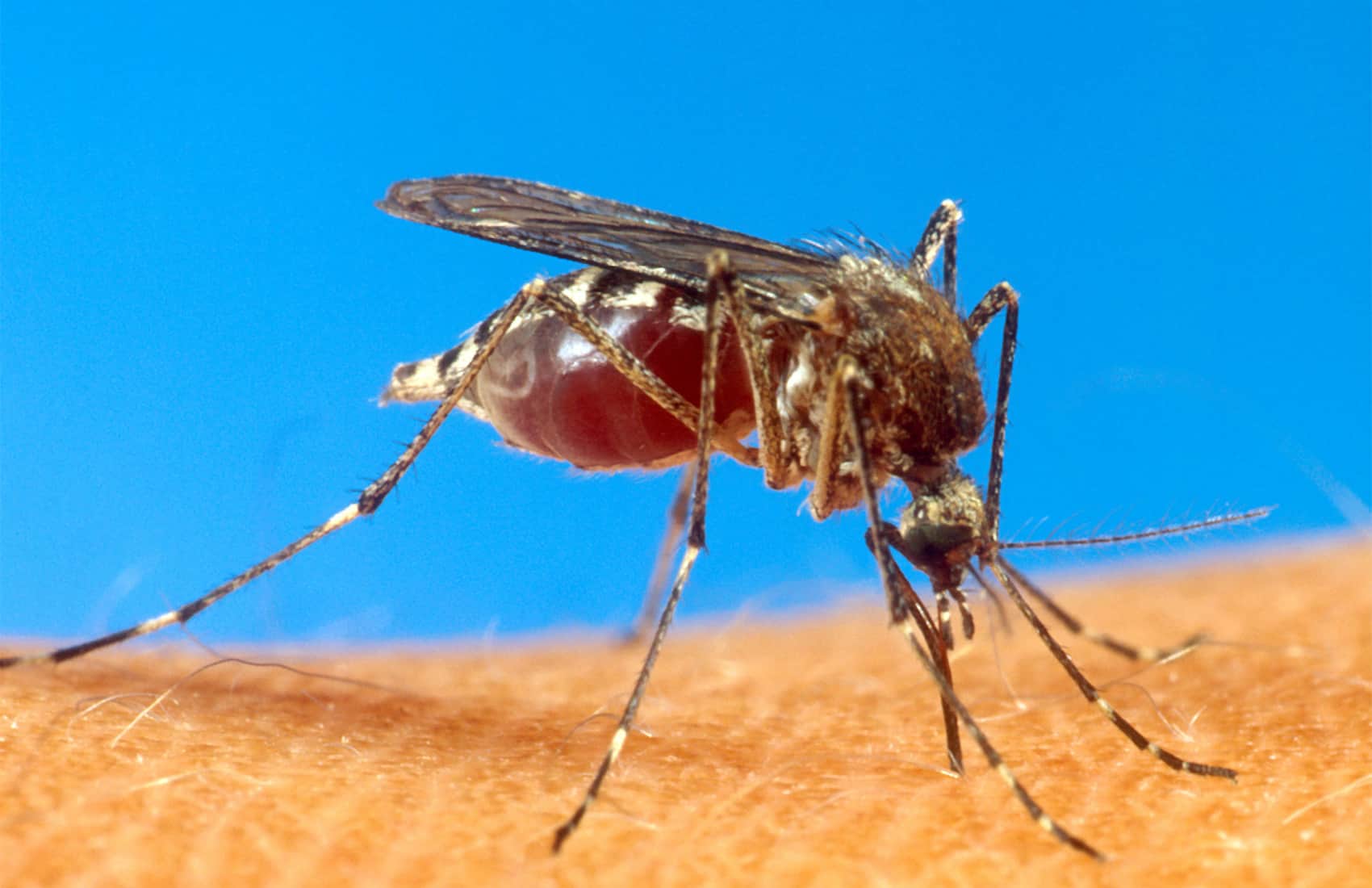A significant rise in dengue fever cases has prompted a health alert from the Ministry of Health. As of late August, over 8,000 cases have been reported across Costa Rica in 2022 – nearly double the number for the same period last year.
The cantons hardest hit so far include Sarapiquí, Siquirres, Pococí, Puntarenas, Talamanca and Limón. However, a ministry spokesperson warned that the entire country remains at risk due to the mosquito-borne virus.
“We need everyone’s help to eliminate breeding sites and stop the spread of dengue,” urged Vice President and Health Minister María Luisa Ávila.
In response to the outbreak, the health ministry has ramped up prevention measures. These include increased fumigation, community tire collections, targeted interventions in high-risk areas and partnerships with local organizations. A new communication campaign titled “Basta de aplausos” aims to motivate Costa Ricans to remove breeding grounds.
Experts recommend that residents across the country take steps to reduce mosquito populations:
- Dump out standing water in buckets, pots, birdbaths and other containers where mosquitoes can breed.
- Use insect repellent and protective clothing when outdoors.
- Sleep under bed nets in regions with high transmission.
- Seek medical care promptly for fevers or other dengue symptoms.
Dengue causes severe flu-like illness, with symptoms such as high fever, headache, nausea, rash and muscle pain. Timely diagnosis and treatment are crucial, especially for vulnerable groups like pregnant women, children and the elderly.
“We urge community participation to curb this outbreak,” said Minister Ávila. “Working together, we can protect Costa Rican families from dengue.”
Health experts predict dengue cases will continue to rise during the rainy season. Community mobilization will be key to reverse this trend. Residents should follow ministry guidance and do their part to remove mosquito habitats.
With proactive prevention measures, we can and will overcome this epidemic, as we have done in the past. But it will require coordinated efforts between the health sector and neighborhoods across the country.






